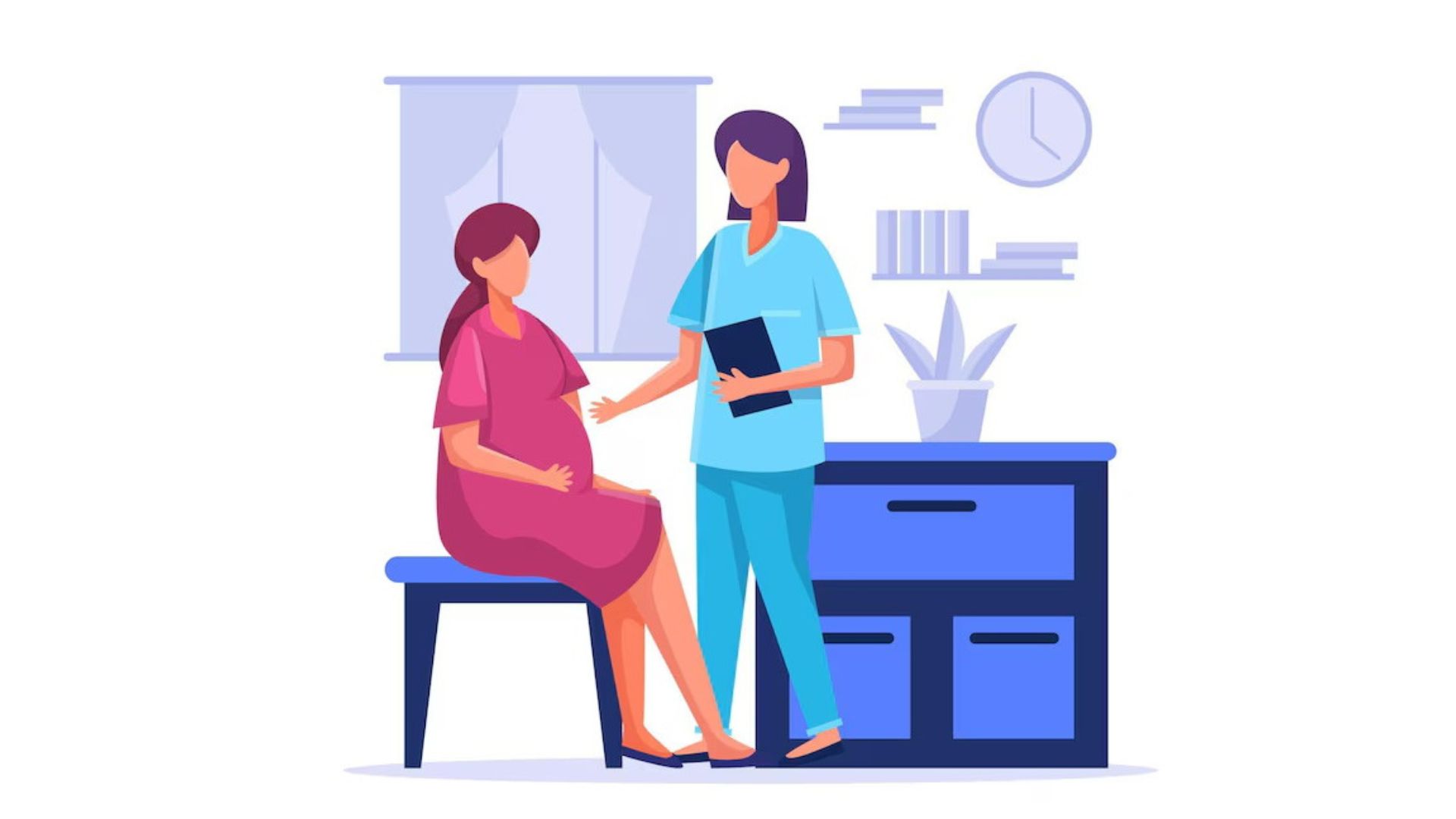

How Many Appointments Do You Have During Pregnancy?
During pregnancy usually a woman requires 7-8 antenatal appointments of the gynaecologist to ensure there are no complications in the pregnancy. Also the number of appointments depends upon the pregnancy whether it is first pregnancy or if she has any other complications arise from pregnancy. Pregnancy is a natural procedure that can have life threatening or fatal complications for the mother, baby or sometimes both of them. It is therefore very important that it should only be embarked upon with proper planning and under supervision of trained professionals.
Why is antenatal care important for a woman?
Pregnancy is the most special as well as critical period of a woman’s life as this is the time she is going to give birth to a baby. When a woman gets pregnant, both mother and baby face health risks, which include miscarriage and even maternal death during pregnancy, birth defects or abnormalities in the fetus which can be solved if the proper care is provided to the mother. That’s why antenatal care is very necessary to help find any risks in pregnancy, including before pregnancy, during pregnancy, on the delivery date, and after delivery, to ensure every stage of pregnancy is safe and free from any complications, allowing the mother and unborn baby to receive timely treatment in case of any medical emergency.
When should a woman start antenatal care?
Pregnant lady should start antenatal care as soon as she finds out that she is pregnant. The optimal time to start antenatal care is somewhere around between 4 and 8 weeks of pregnancy, no later than 12 weeks from the first day of the last menstruation. However, the obstetrician advises that the best time to start antenatal care is 1 month before pregnancy. Parents should schedule an appointment with an obstetrician for family planning before having a child and went through an in-depth health examination to identify health issues, hereditary diseases, or infertility issues in both man and woman, particularly if the woman has any physical health problem, which can increase the risk of pregnancy and care from an expert obstetrician throughout the pregnancy and postpartum period and if any case a woman doesn’t want to continue her pregnancy can opt medical termination of pregnancy that can find nearby by searching on the internet.
What are the things that are required for antenatal care?
- Mother and father’s ID cards like Adhaar card or voter ID.
- Medical history including illness, congenital diseases, any specific drug allergies, pregnancy history, number of children, and childbirth.
- All information about the last menstrual cycle, which starts on the first day of menstruation.
What is the recommendation for pregnancy health care?
- Eat foods that are rich in nutrients from all five food groups. A pregnant woman’s diet should consist of 3 main meals along with 2 or 3 small meals that include carbohydrates, low-fat protein, healthy fats, vegetables, fruits, and whole grains.
- Take essential pregnancy vitamins that contain nutrients such as folate, iron, calcium, and omega-3 fatty acids.
- Avoid consuming foods that contain mercury, undercooked foods, fermented foods, and unpasteurized milk which is not at all safe.
- Doing light exercise such as walking, swimming, and yoga lowers the risk of diabetes, helps in controlling weight, and promotes a good mood.
- Drinking enough water during the day at least 10 glasses to avoid dehydration benefits both the digestive system and blood circulation.
- Get enough sleep every night to reduce fatigue, using the side-lying position to allow the blood to flow easily to the fetus.
- Practice stress relief exercises, such as deep breathing, meditation, and talking with family members and doctors to calm down the body.
Here is a detailed summary of what it is:
- During Fiscal Pregnancy:
Usually it takes around 8-10 appointments to ensure a safe pregnancy.
- During Subsequent Pregnancy:
In this scenario a woman needs to have 7 to 9 appointments only.
- Appointments scheduled:
- First Trimester: The pregnant woman has her first appointment around 8-12 weeks to confirm the pregnancy and discuss the medical history if any to start the medication that supports her pregnancy.
- Second Trimester: A pregnant woman has appointments every 4 weeks until around 28 weeks to check her health and status of the pregnancy before the birth.
- Third Trimester: A pregnant woman has appointments every 2 weeks until 36 weeks, then every week until the baby delivers to check blood pressure levels and other tests.
Factors that can affect the number of appointments:
- Complicated Pregnancies:
If a patient has any complications or medical conditions related to the pregnancy then the patient may need more frequent appointments in order to treat the condition.
- Multiple Pregnancies:
If a patient is carrying twins or more babies in her womb, then the woman may need more appointments to get the updates and surety of health.



